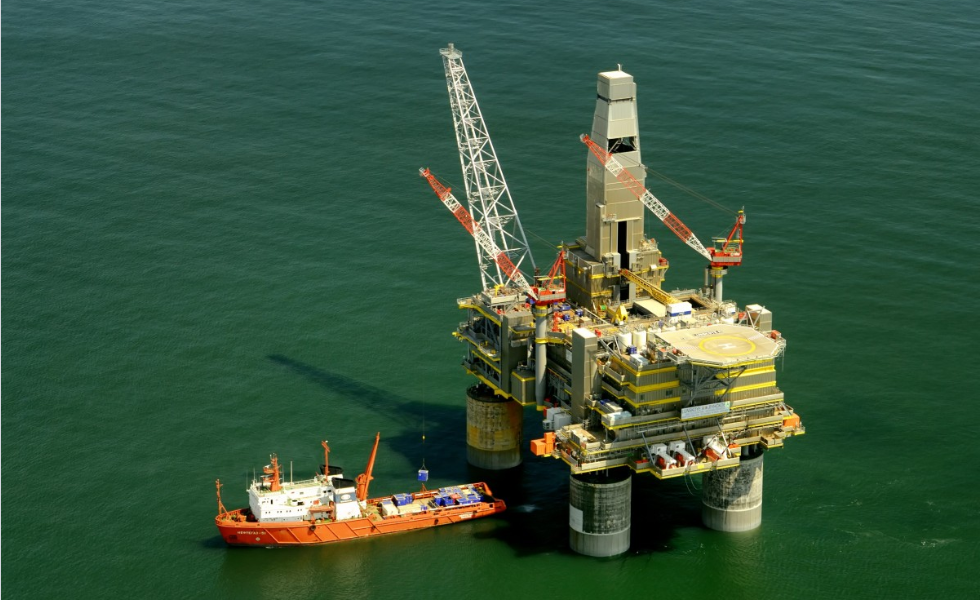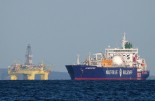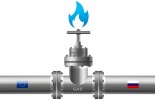Morningstar: The impact of the Ukraine crisis on the global oil market
Morningstar: The impact of the Ukraine crisis on the global oil market

Both Russian currency and stocks have declined precipitously since the conflict started. With the freezing of foreign reserves, inflation surging and energy exports shutting down - which account for 40% of its GDP- perhaps Putin is willing to accept further turmoil at home if it also punishes Western countries that have rallied against him.
As it would: a complete suspension of Russian exports would leave the rest of the world critically short of crude oil and trigger widespread fuel spikes that would severely drag on economies around the world. But weaponised crude oil is not a smart bomb: higher oil prices would also antagonize allies like India and China.
Morningstar’s March Oil Market Update analyses the impact this has on the oil industry. Key takeaways include:
- Many are "self-sanctioning," avoiding buying Russia's oil, forcing it to discount and re-route to willing buyers, adding cost pressure to benchmark prices. With an immediate OPEC or U.S. driller supply response unlikely, an Iran deal or demand destruction are the only real options to relieve price pressure. But the latter might take prices higher, meaning a 2008-type spike isn't off the table.
- With more Russian crude oil heading east, volumes previously bound for Asia are diverted to Europe, inflating shipping costs, already embedded in crude prices (and higher crude prices lead to higher fuel costs, compounding the problem).
- To combat rising fuel prices, the International Energy Agency pledged to release 60 million barrels of OECD reserves on March 1. But this won't ameliorate raging oil markets. The world consumes that much oil in about 14 hours and if Russian crude disruption peaks at 4 mmb/d as Morningstar suggested, the proposed reserve draw would provide a buffer for just 15 days. Further releases are possible, but OECD inventories were already at a seven-year low before the Ukraine crisis began, at 2.5 billion barrels (25 days of supply). We doubt that IEA members would be willing to let inventories fall much further.
- Except for TotalEnergies, each integrated oil with Russian assets has announced its intention to exit the country. Following BP, who holds a 19.75% interest in Russia's largest oil company Rosneft, Total is the most exposed to Russia, accounting for about 5% of Total's oil production and 30% of its natural gas production, including its 19.4% stake in Novatek. Despite the loss of these assets, Morningstar see the group as largely unaffected or in some cases, net winners, given the recent increase in oil and gas prices in the wake of the invasion. Sensitives vary by company, but each one benefits from the over $30/bbl increase in oil prices since the beginning of the year. As the most oil price leveraged, and with no Russian exposure, Chevron is the biggest winner. Exxon, Equinor, and Shell's exposures are largely rounding errors relative to their market value based Rystad' s estimates. BP and Total are the biggest losers but still see that higher oil and gas prices largely make up the potential loss.
- BP's stake in Rosneft was worth $16.5 billion at the beginning of the year, but fell to $3.6 billion on Feb. 25. The value Total's Novatek stake has fallen sharply from $13.1 billion at the beginning of the year to an estimated $1.3 billion on March 1, based on rouble declines and London shares trading. London trading implies both stakes are essentially worthless, although Morningstar doubt that will ultimately be the case.
- Morningstar project oil demand to peak around 2030, with demand decreasing gradually after that. We project oil demand to drop from 99 mmbpd in 2019 to 88 mmbpd in 2050, an 11% drop or 0.4% annual decline. We project EVs to reach 57% of the passenger car fleet by 2050 and 59% of freight truck volumes.
“By cutting off many Russian banks from the global financial system—including the Swift network—the sanctions have limited Russia's ability to receive payment for its exports, including crude. They have also made global businesses and financial institutions extremely reluctant to transact with Russia, even in ways not explicitly targeted. As a result, traders are finding it difficult to sell Russian crude, which now trades at a deep discount to global benchmarks. This self-sanctioning is already weighing on global supply, with various media estimates pegging the initial loss at 1–2 mmb/d. The Oxford Institute for Energy Studies assumes a peak disruption of 3–4 mmb/d and estimates that a 70% reduction of exports (3.2 mmb/d) would send Brent prices north of $120/bbl. Judging by how quickly prices soared to $110, we suspect that's conservative.” – Allen Good, Morningstar Energy Correspondent










